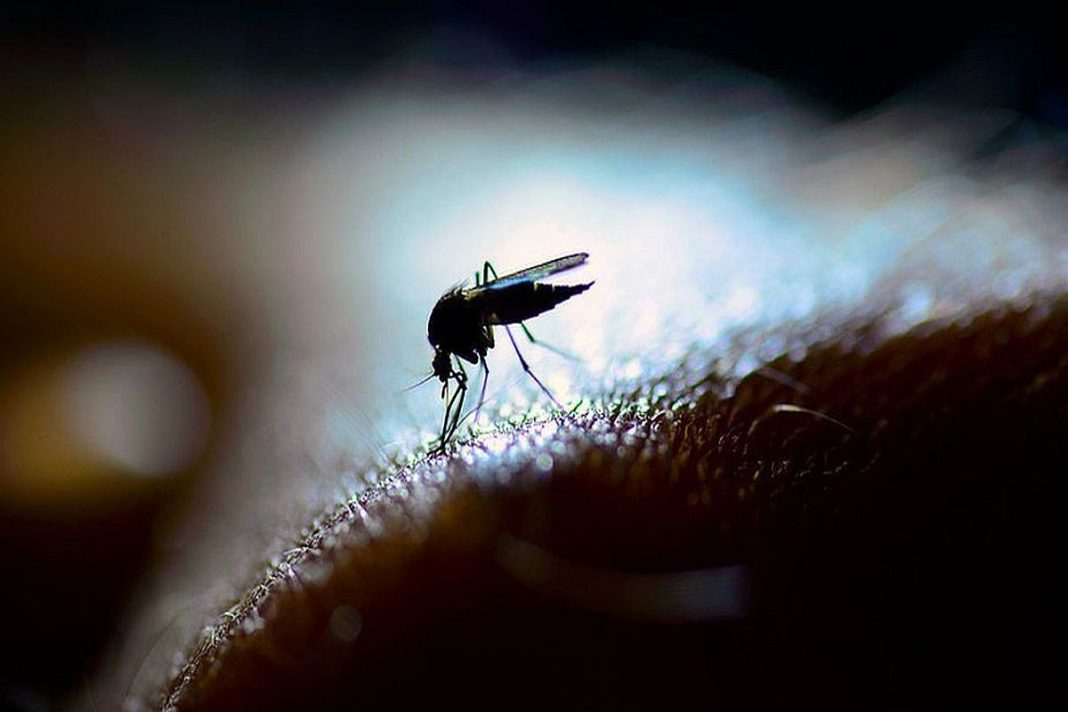Behzad Amiri, the director of the ministry’s Center for Infectious Diseases Management, in an interview with Iranian Students News Agency (ISNA) said only 13 patients were infected with the tick-borne disease last year, but 18 cases have already been recorded for the first three months of the new Iranian year (starting March 21).
Endemic in Africa, Asia, the Middle East and the Balkans, the disease causes severe bleeding. People usually catch it through contact with the blood of infected animals.
As the first batch of Iranians departed for the Hajj pilgrimage in Saudi Arabia on Sunday, Amiri advised the pilgrims to follow hygiene protocols during the rituals which include having sheep slaughtered.
Iran’s neighboring country, Iraq, is experiencing a sharp uptick in the number of Congo fever cases, with the latest figure showing 27 fatalities.
The Iranian official said the surge in Iraq can cause the spread of the disease as there are no vaccines to curb it yet.
